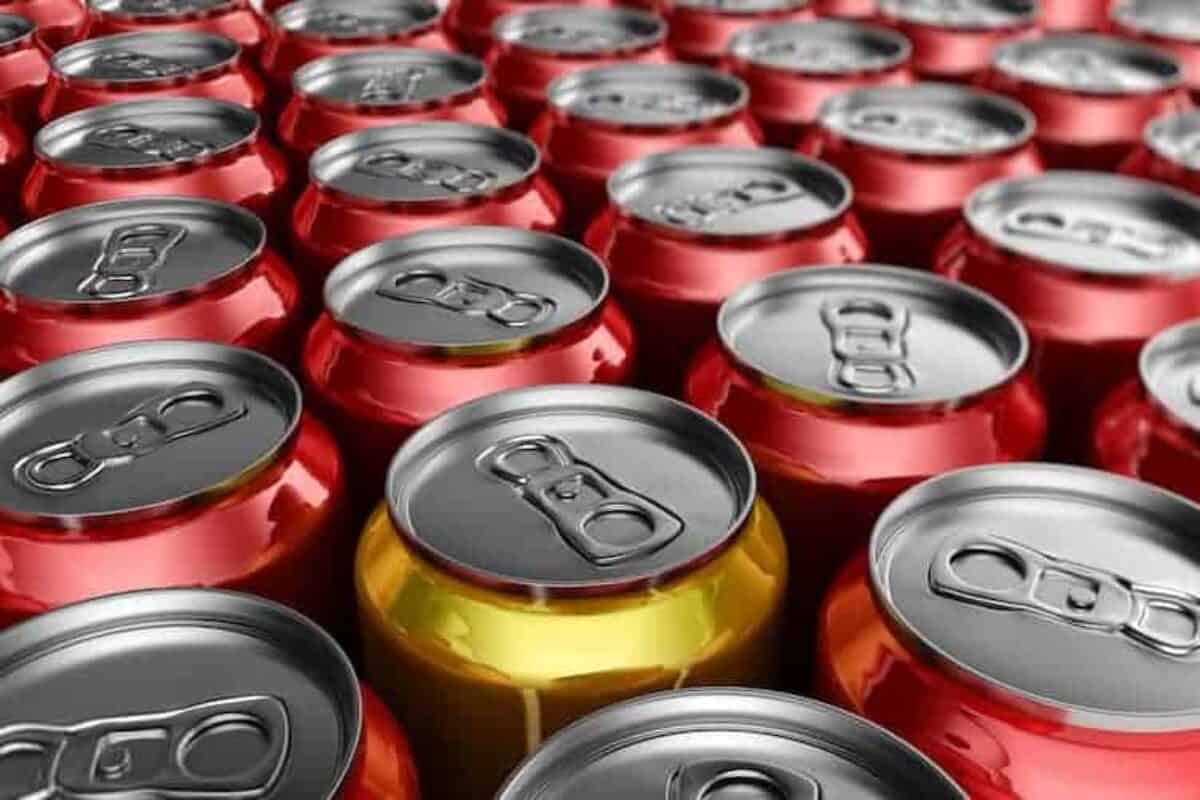By FOCUS, a Leonine Business
Michigan’s Senate became the first legislative chamber in the nation to fight back against so-called “soda taxes” on Wednesday, when it passed a bill that would prohibit municipalities and counties from placing any additional taxes on food, drinks or chewing gum, according to The Detroit News. Republicans supporting the ban have touted the pre-emptive ban as a measure to protect local economies, noting that such taxes would have a negative effect on the economies of state municipalities. Democrats opposed to the measure have criticized its effectiveness, as no municipality in the state currently levies such a tax, or is considering doing so. In spite of some opposition, the measure passed the Senate in a bipartisan fashion, 31-5. The measure, SB 583, now heads to the House for consideration.
Groups have already begun to line up both in support and opposition to the bill. The American Cancer Society came out against the bill, arguing that poor diets may play a factor in up to 20 percent of cancers, and that such soda taxes are good for overall public health by persuading consumers to choose non-sugar sweetened beverages, The Washington Post reports. Alternatively, industry groups opposed to these types of measures, typically soft drink manufacturers, grocer associations and food producers, have not been shy in spending large amounts of money to defeat such proposals, according to the Chicago Tribune.
A number of other municipalities have passed such soda taxes, often through local measures. This list includes Albany, Berkeley, Oakland and San Francisco, California; Boulder, Colorado; Cook County, Illinois; Philadelphia, Pennsylvania and Seattle, Washington. In each of these cities and counties, the tax is applied on a cents-per-ounce basis, ranging from one to two cents per ounce. Vermont, the only state that has enacted a soda tax at the state level, applies its six percent sales and use tax to soft drinks; food and beverages are otherwise exempt from the sales tax.
A similar effort to roll back the soda tax in Cook County, Illinois, is also taking place, supported largely by House Republicans. Similar to the proposal in Michigan, HB 4082 would prohibit any municipality from imposing a tax on sweetened beverages based on volume sold and would void any such existing ordinances. A third effort formed but died in New Mexico, in response to a Santa Fe measure that sought to impose a soda tax, according to Forbes.
This type of legislative maneuver, where a state attempts to prohibit or override a locally enacted ordinance, is known as “local preemption”, and has been used successfully to block local initiatives on a large array of policy areas including tax reform, gun control and minimum wage. A report issued by the National League of Cities found that 42 states have some type of tax and expenditure limit law in place, aimed at preventing municipalities from imposing taxes, as the Michigan measure seeks to do, while there are hundreds of other types of preemption laws in effect across the nation on other subjects.
Preemption laws have become increasingly popular and successful in recent years. They are most typically seen in red state legislatures, often taken up as a direct response to measures enacted by Democratic leaning cities in red states. As cities continue to tailor new approaches to their economic and social issues, legislators will undoubtedly continue to reign in these actions at the state level, as it has already proven to be a successful tactic on numerous occasions.


